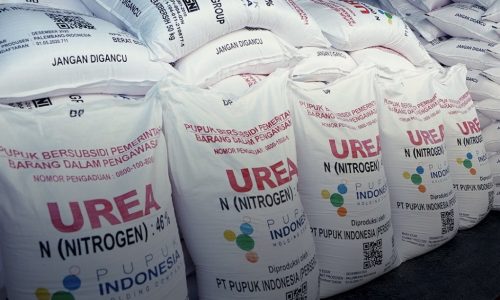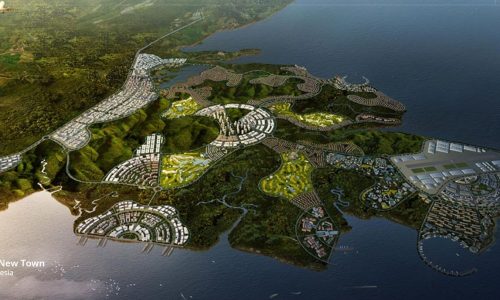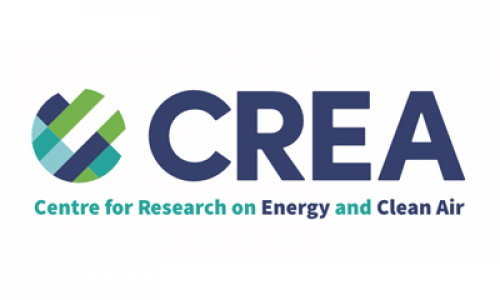The Financial Services Authority (OJK) is set to introduce new regulations regarding the minimum capital requirements for insurance and reinsurance companies, both conventional and Sharia-compliant.
Ogi Prastomiyono, the Executive Head of Insurance Supervision, Guarantee Institutions, and Pension Funds at OJK, explained that under the new regulations, the authority will raise the minimum capital threshold for insurance companies.
These minimum capital requirements have their own provisions and functions to ensure the financial health of companies remains sound and to minimize risks.
The provisions regarding the minimum capital requirements for insurance businesses are stipulated in OJK Regulation No. 67/POJK.05/2016 concerning Licensing of Insurance Companies, Sharia Insurance Companies, Reinsurance Companies, and Sharia Reinsurance Companies.
Article 67 of the regulation sets the minimum paid-up capital requirements for insurance companies as follows:
- For insurance companies, the minimum paid-up capital requirement is IDR 150 billion.
- For reinsurance companies, the minimum paid-up capital requirement is IDR 300 billion.
- For Sharia insurance companies, the minimum paid-up capital requirement is IDR 100 billion.
- For Sharia reinsurance companies, the minimum paid-up capital requirement is IDR 175 billion.
Increase in minimum paid-up capital requirement
These minimum capital requirements will be gradually increased. OJK has already designed and formulated the capital requirements, which have been shared with insurance companies and associations.
The plan is to raise the minimum capital for insurance companies to IDR 500 billion by 2026, and further increase it to IDR 1 trillion by 2028.
The same increases will also apply to Sharia insurance companies, with the minimum capital requirement rising to IDR 250 billion by 2026 and IDR 500 billion by 2028.
Meanwhile, the minimum equity capital requirement for conventional reinsurance companies will increase to IDR 1 trillion by 2026 and IDR 2 trillion by 2028.
A similar upward adjustment is planned for Sharia reinsurance companies, with the minimum paid-up capital requirement rising to Rp 500 billion by 2026 and IDR 1 trillion by 2028.










